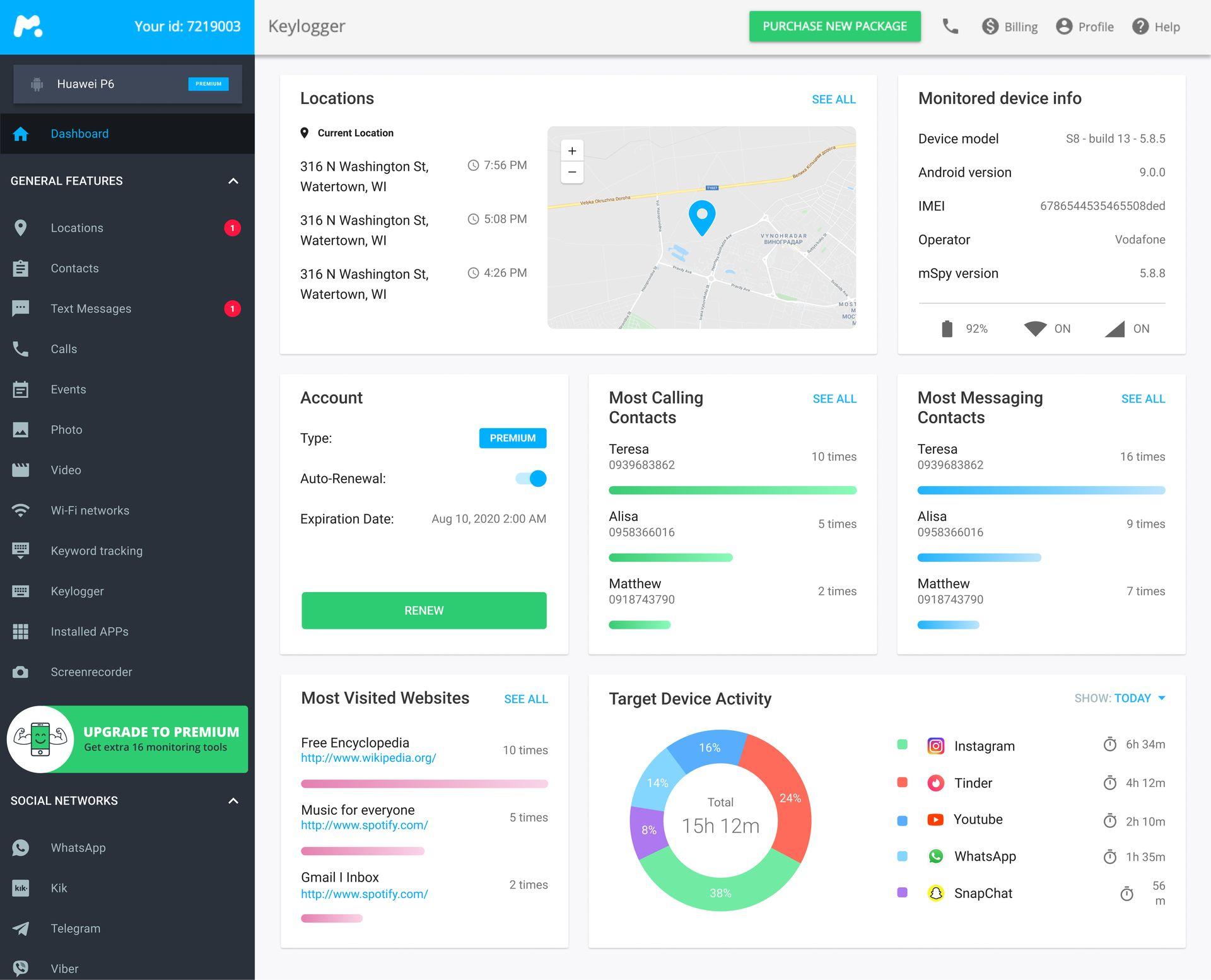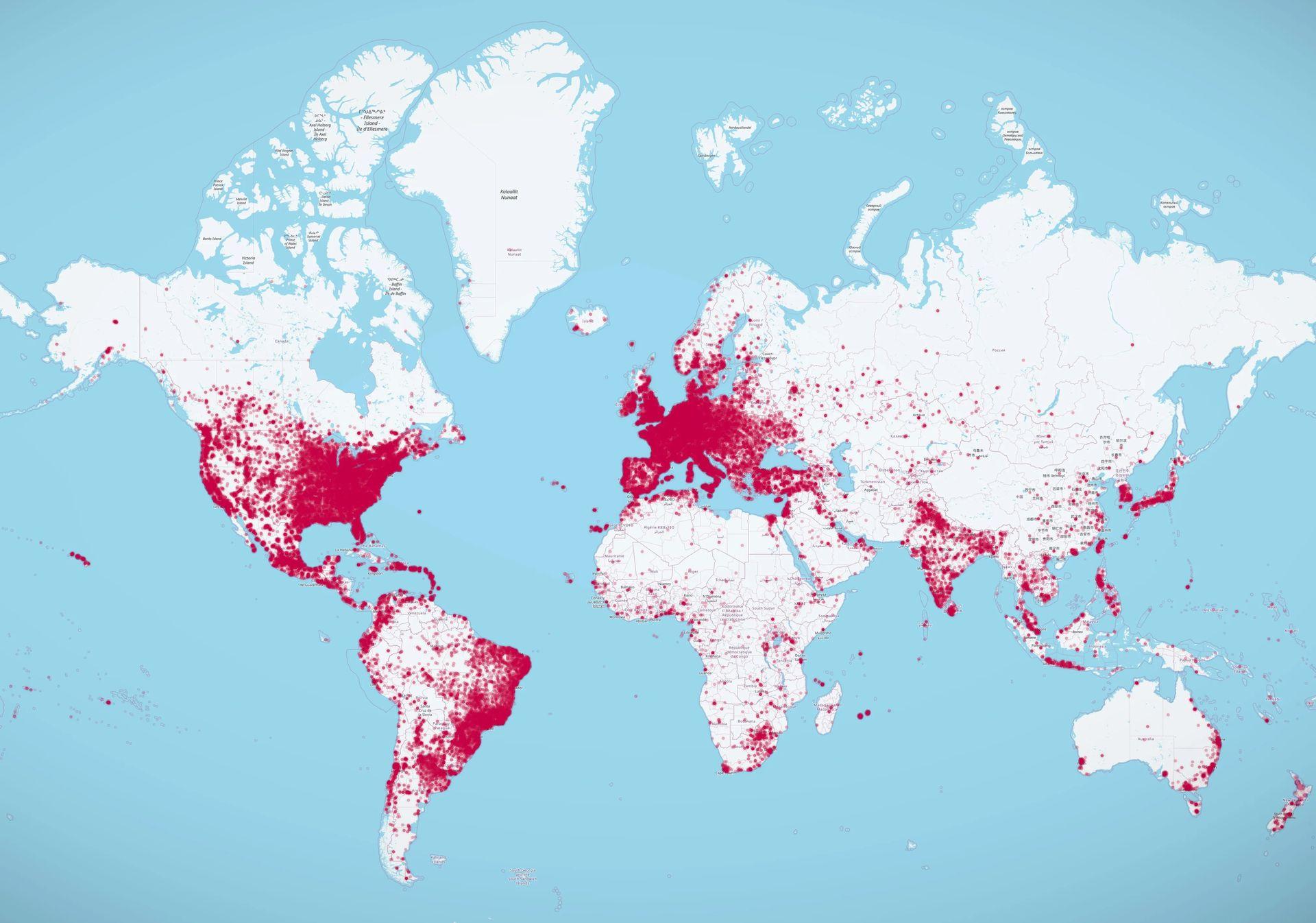The mSpy data breach revealed how extensively monitoring all over the world. In May 2024, mSpy, a popular choice for mobile spyware, had a major data breach. Hackers infiltrated mSpy’s customer support system, powered by Zendesk, and absconded with over 100 gigabytes of sensitive data, including customer service tickets, emails, and attachments from 2014. This breach exposed the personal details of unsuspecting users and unveiled the extent to which mSpy is used clandestinely for monitoring spouses, children, and employees.
mSpy data breach: Details
According to TechCrunch, in May 2024, mSpy, a phone surveillance application marketed for parental control and employee monitoring, experienced a significant data breach. The mSpy data breach involved hackers gaining unauthorized access to mSpy’s customer support system, which Zendesk powers. This marks the third documented data breach for mSpy since its inception around 2010.
The mSpy data breach exposed a vast amount of sensitive data, including over 100 gigabytes of customer service tickets, emails, and attachments dating back to 2014. The stolen information contained personal details and documents, highlighting the mSpy data breach’s scope and potential impact on users’ privacy. Here is a sample of mSpy panel and what data it stored:

The data compromised in the mSpy data breach included emails from customers seeking assistance with using mSpy for covert phone monitoring. This revealed the extent to which the app is often surreptitiously used to monitor spouses, children, or employees without their knowledge. The mSpy data breach also exposed correspondence from high-profile individuals and entities, such as senior U.S. military personnel, a federal appeals court judge, and law enforcement agencies. This raises concerns. The previous mSpy breach in 2018 leaked 2 million records.
Techcrunch’s analysis of the latest breached data showed mSpy’s global reach, with users located across Europe, India, Japan, South America, the United Kingdom, and the United States.

Despite the breach, mSpy’s parent company, Brainstack, did not publicly acknowledge the incident or disclose details to affected customers.
Apple Mercenary Spyware attack alert: Billions of people in danger
What should you do now?
Experiencing a cybersecurity situation like the mSpy data breach can be concerning, especially due to the sensitive nature of the exposed information. If you find yourself in such a scenario, here are steps you should consider taking:
- Check for notifications: If the service provider, in this case mSpy or Zendesk, notifies you about the breach, take immediate note of their recommendations and actions.
- Change passwords: Immediately change the password associated with your mSpy account. Ensure that the new password is strong and unique, not shared with any other accounts.
- Monitor accounts: Regularly monitor your bank accounts, credit card statements, and any other financial accounts for unusual activity. Report any unauthorized transactions promptly to your financial institution.

- Update security settings: Review and update security settings on your mSpy account and associated services. Enable two-factor authentication (2FA) if available to add an extra layer of security.
- Be cautious of phishing: Be vigilant for phishing attempts. Attackers may use the breached information to craft convincing phishing emails or messages. Verify any unexpected communications’ legitimacy before clicking links or providing personal information.
- Consider legal or identity protection: Depending on the sensitive information exposure, consider seeking legal advice or subscribing to identity theft protection services.
- Report suspicious activity: If you notice any suspicious activity related to your identity or accounts, immediately report it to the appropriate authorities or your service provider.
Taking these steps can help mitigate the potential risks associated with a data breach and protect your personal information from further exposure.
Is phone surveillance legal?
The legality of phone surveillance, including the use of apps like mSpy, varies significantly depending on jurisdiction and the specific circumstances of use. Here are some general considerations:
- Consent: In many places, it is illegal to monitor someone’s phone without their explicit consent. This applies particularly to monitoring spouses, children, or employees without informing them.
- Ownership: The legality may depend on who owns the phone being monitored. Monitoring a phone that you own or have legal authority over (such as an employer monitoring work devices) may be permissible under certain conditions.
- Purpose: Legalities can also hinge on the purpose of surveillance. Monitoring for legitimate reasons like parental control or employee monitoring, with proper disclosure and consent, might be legal in some jurisdictions.
- Privacy laws: Countries and regions often have specific privacy laws and regulations that dictate how personal data can be collected, used, and shared. Surveillance activities that violate these laws can lead to legal consequences.
- Context: The context of use can influence legality. For example, law enforcement agencies may have legal authority to conduct surveillance under specific circumstances, whereas private individuals might face stricter regulations.
It’s crucial to research and understand the laws in your specific location or the location where the surveillance is taking place before engaging in any form of phone monitoring.
Featured image credit: Eray Eliaçık/Bing






